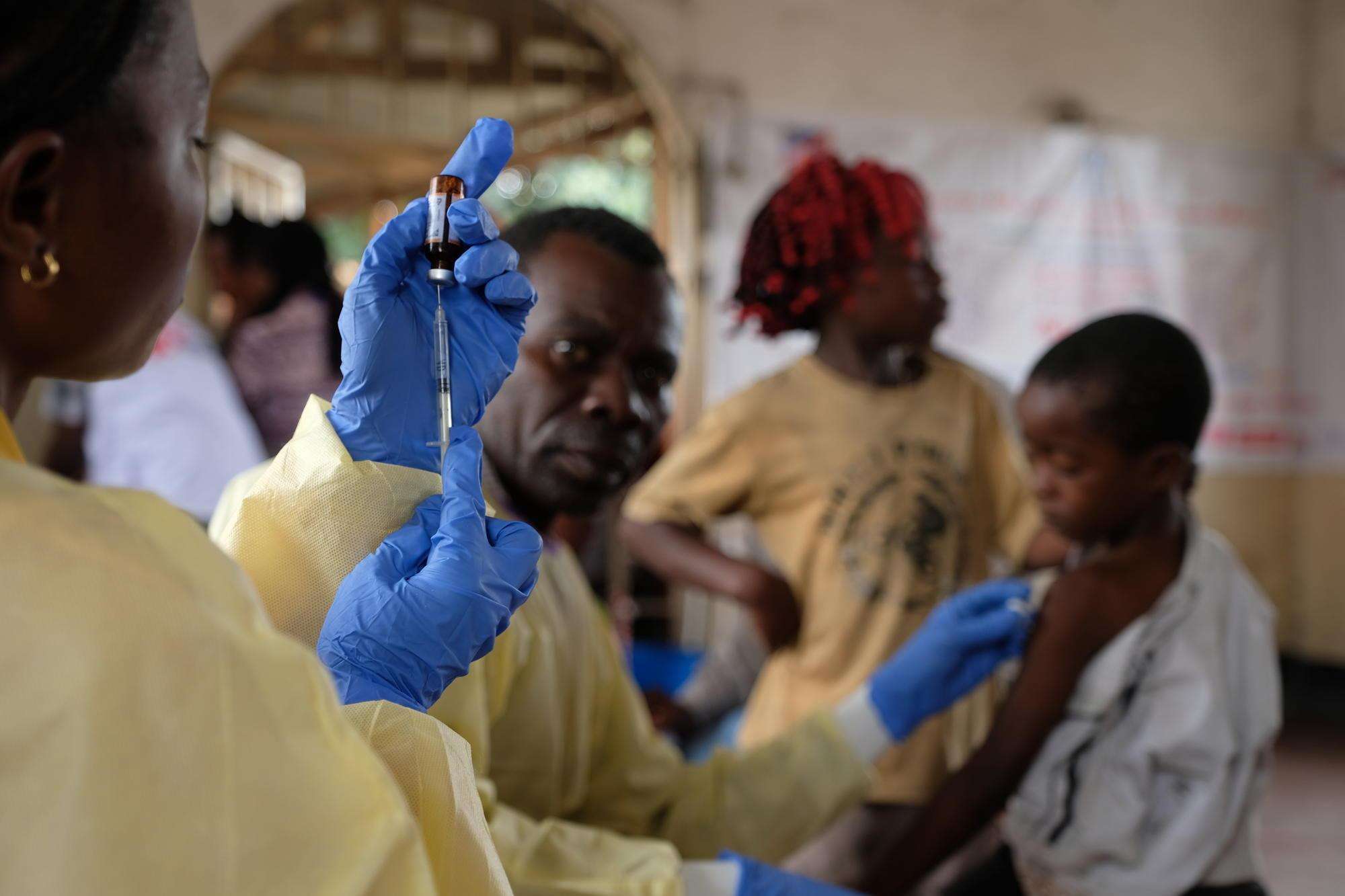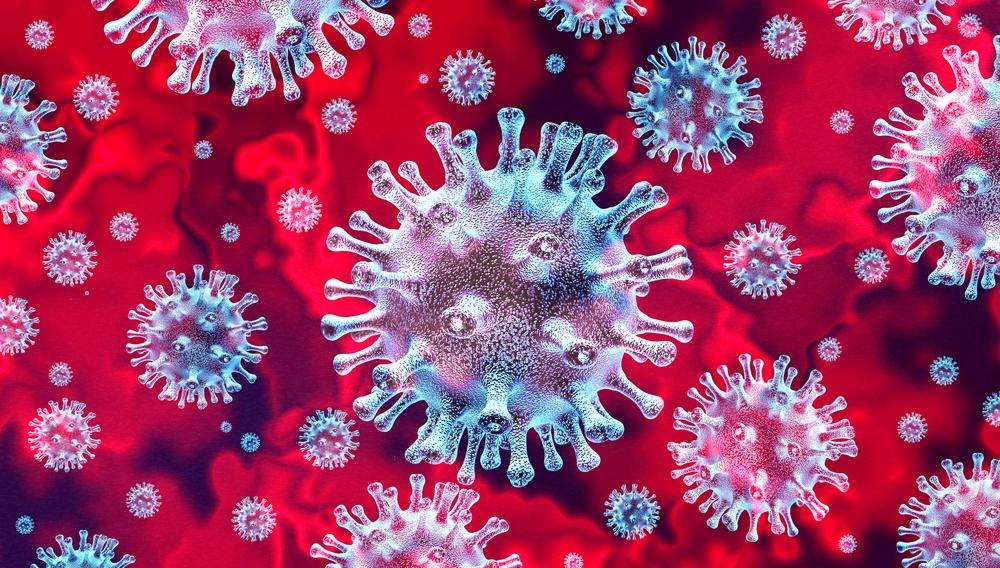By Barbara Saitta, Vaccination Medical Advisor, Doctors Without Borders/Médecins Sans Frontières (MSF) Access Campaign
“Dalla padella alla brace”—out of the frying pan and into the fire—is what we say in Italian when you must choose between two options that both have undesirable outcomes.
As we all face the current COVID-19 global pandemic, our thoughts turn to the health of our families and our own struggles. As we hunker down, we also see how the normal and everyday morphs into something previously unthinkable, as we try to understand and process how a global pandemic impacts our day-to-day work.
As a nurse who has worked in hospitals in both Europe and low- and middle-income countries including the Democratic Republic of Congo, South Sudan, Iraq, and Bangladesh, I am simply terrified by what’s happening in health centers in those places as they come under enormous strain from the arrival of people sick with COVID-19.
And yet, as someone who works for Doctors Without Borders/Médecins Sans Frontières (MSF), specifically on immunization in developing countries, I’m more terrified by what’s not happening in those same health centers.
In many parts of the world, parents already struggle to get their children the lifesaving vaccinations they need to protect them against deadly diseases such as measles, whooping cough, or diarrheal diseases that claim hundreds of thousands of young lives each year. Due to a global resurgence, there have been ongoing outbreaks of measles in countries like the Democratic Republic of the Congo and Nigeria. In 2018, measles killed more than 140,000 people, mostly children under the age of five.
Measles can be prevented with vaccination, as can numerous other diseases—and hopefully, one day, COVID-19 will be as well—but this requires children having the chance to be vaccinated. And now the COVID-19 crisis is compounding the situation, putting child immunization programs all over the world at serious risk of being suspended or halted. The repercussions on the youngest lives could be devastating.
In late March, the World Health Organization (WHO) issued guidance to help countries protect critical immunization services during the COVID-19 pandemic “so that ground is not lost in the fight against vaccine-preventable diseases.” The main message of the new guidance is that “countries should take what steps they can to sustain immunization programs and prevent unnecessary loss of life.”
While the recommendations highlight the importance of appropriate protective measures to avoid transmission of this coronavirus, they also emphasize that if immunizations are disrupted it could put an even greater burden on health systems. By reducing disease spread, preventive vaccinations will not only reduce the need for medical consultations in health facilities, which may be overburdened with patients with COVID-19, but they will also prevent the emergence of new epidemics, which are difficult to manage in contexts of limited medical resources.
In MSF medical programs we have seen situations like this play out before. During humanitarian emergencies or natural disasters, the disruption of immunization services, even for brief periods, can lead to increased numbers of unvaccinated children and raise the probability of outbreak-prone diseases, such as measles or meningitis. Such outbreaks may result in increased illness or death predominantly in infants and other vulnerable groups. So today, we can foresee a “double burden” on health systems: The COVID-19 pandemic coupled with outbreaks of vaccine-preventable diseases.
Just last week, my MSF colleagues and I had a strategic discussion on how COVID-19 responses in countries where we work could have worrying effects on children’s health, such as suspension of mass vaccination campaigns, halting childhood nutrition programs, and the conversion of maternity wards into COVID-19 wards. Other groups have already made some distressing forecasts. The Measles and Rubella Initiative, which includes the American Red Cross, US Centers for Disease Control and Prevention (CDC), UNICEF, and WHO, stated that over 117 million children in 37 countries are at risk of missing out on measles vaccines in the face of COVID-19. They say that measles immunization campaigns have already been delayed in 24 countries, and campaigns planned for later in 2020 may not be implemented in an additional 13 countries.
A recent modeling study tried to give a scale of the beneficial health impact from sustaining routine childhood immunizations in a region like Africa. One scenario looked at a six-month period in 2020 and estimated that continued immunizations could prevent 715,000 deaths in children from the time of vaccination until they are five years old. Measles and whooping cough each made up about one-third of the vaccine-preventable deaths in these estimates.
Vaccines saves lives. And I don’t say that because a modeling study told me so, but because I have seen it again and again in the eleven years I have been working in this field.
Of course, all countries must take serious COVID-19 precautions and actions to protect their communities and health workers. It’s crucial. Yet at the same time, diseases that can be prevented by vaccination can be just as deadly and should continue to be addressed robustly—children shouldn’t have to miss out on being protected. These aren’t easy decisions to make, but while maintaining immunization services as much as possible right now might seem like an extra burden, the situation will be even worse if countries have to deal with both COVID-19 and one or more outbreaks of another disease, be it measles, meningitis, cholera, or a whole host of others.
Today is the start of World Immunization Week 2020 (April 24–30), the theme for which is “#VaccinesWork for All.” In the face of COVID-19, which also affects us all, we must not stop ongoing efforts to ensure that lifesaving vaccines reach all of the youngest and most vulnerable members of our families and communities.





